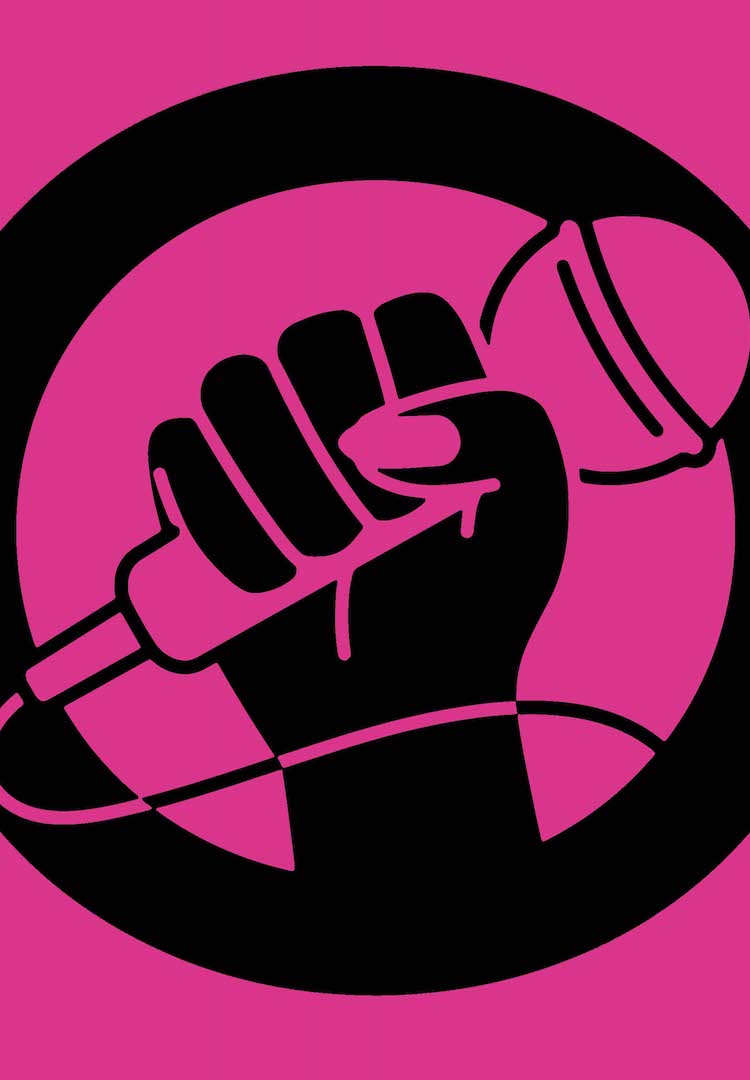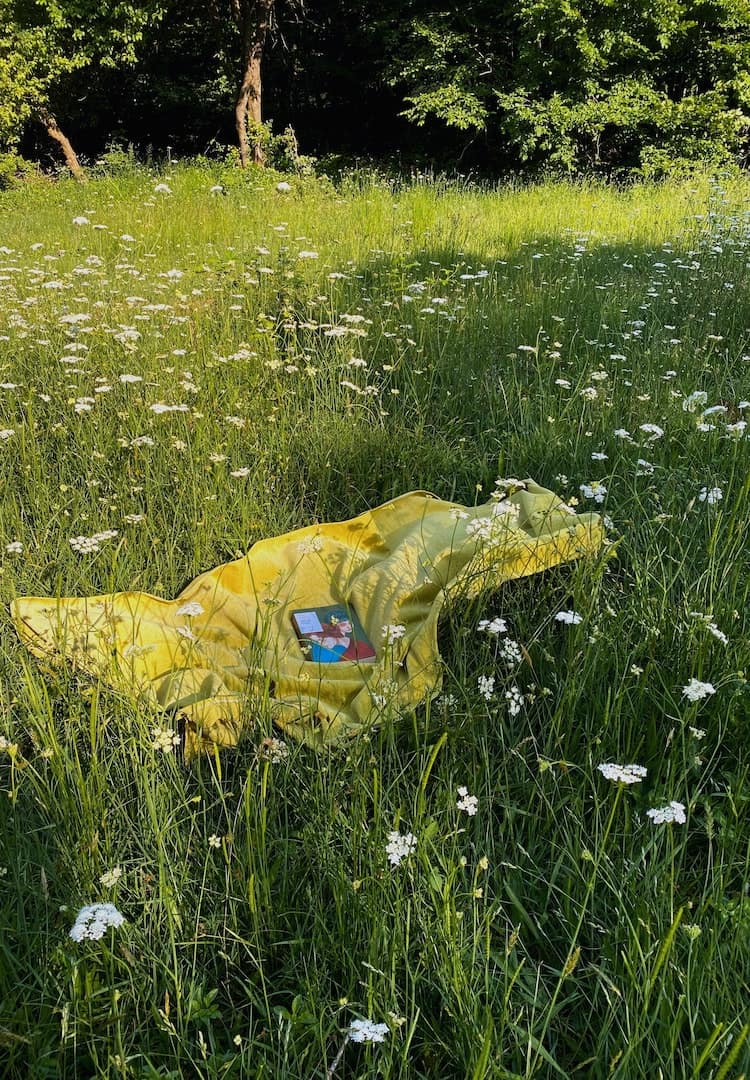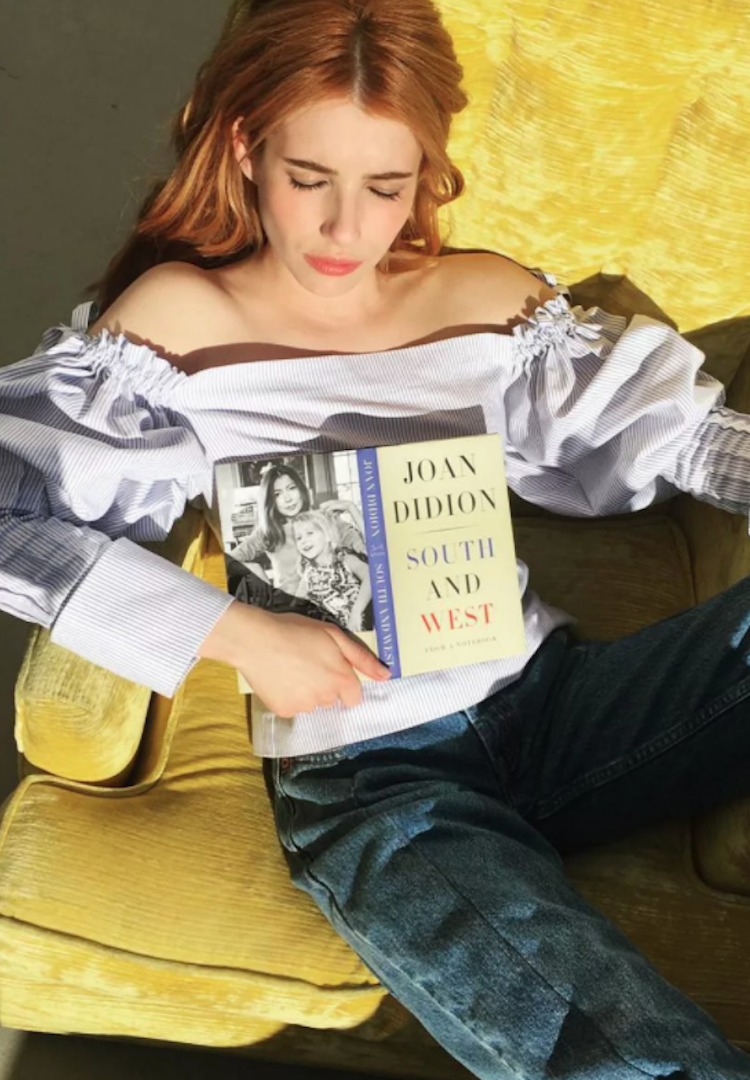The surprising joy in not pop culture bingeing
WORDS BY JASMINE WALLIS
A FOMO addict reflects on a slower pace of cultural consumption.
I have a confession to make. It’s been more than two months since Normal People came out and I still haven’t finished it. Unlike my editor, who binged it in two sittings, I’ve struggled to get through the series… and I blame the pandemic.
Like so many of us living in our fast-paced modern world, pre-COVID-19, I was constantly moving from one thing to the next. There were never enough hours in a day. I was working three jobs to earn money and get experience in my field. Weeks would zoom past and when the realisation would hit that I hadn’t had a whole day off to myself in 12 days, I’d laugh and just keep moving.
I would hardly ever say no to a social invitation, would make sure I was on top of the news that day to keep up in conversations, and I would even stay up later than I should have some nights, trying to watch the latest hyped-up TV show of the month.
Sound familiar? It’s no wonder that millennials have been touted as the burnout generation, and with our constant need for more, it’s been really hard to step off the FOMO (that’s the Fear Of Missing Out, but you already knew that) train.
When the Australian government told us to stay indoors back in March, I thought I’d power through all of the shows I’d missed throughout the years and consume all of the pop culture I’d half-started but run out of time to finish before we were all onto the next big thing (and the next thing, and the next thing).
But surprisingly, I’ve done the opposite. I’ve stopped pop culture bingeing. So what exactly is pop culture bingeing, I hear you ask? Well, it’s the same as binge-watching two seasons of your favourite show on Netflix, except it can apply to any and all of-the-moment pop culture.
Sell-out debut novels, surprisingly popular indie films, the just-released collection by everyone’s favourite new fashion designer, a popstar’s critically acclaimed third album, the latest zany celebrity profile (Robert Pattinson’s absolutely bonkers GQ interview comes to mind) – basically, anything that captures our collective attention for a period of time, creating a strong, overwhelming feeling that we simply must be across it in order to keep up.
But if you’re in the privileged position to work from home and be in good health, your pace of life may have slowed down over the last few months. Planes have ground to a halt, holiday plans have a question mark hanging over them for the foreseeable future, and industries like the arts and hospitality have shuttered their doors. And while this is devastating to people’s lives and businesses, maybe this has been the wake-up call many have needed, myself included.
Even the fashion industry, which has been on the precipice of an overhaul for years cancelled fashion weeks around the world as COVID took hold. The industry had a chance to – finally – catch its breath, look around and ask, is this business model really working?
Sure enough, Gucci announced in late May that it would be going seasonless moving forward. Instead, as seen in a statement posted to Instagram, Gucci’s creative director Alessandro Michele said, “I will abandon the worn-out ritual of seasonalities and shows to regain a new cadence, closer to my expressive call… we will meet just twice a year, to share the chapters of a new story.”
Even when it comes to TV shows, a study by the University of Melbourne showed that participants who binge-watched series reported enjoying the show “significantly less” compared to the group who consumed only one episode per week. That group held the strongest retention of plot points, felt stronger emotions and enjoyed it more.
Being part of the Internet generation, it’s no surprise that we live our lives on a never-ending treadmill of new technology, new content, and new movements. But right now, we are living through a revolutionary, transformative time and by slowing down, we can figure out what we want to take into the next chapter.
Personally, I’ve consumed content more carefully over the last few months, taking the time to reflect on how it makes me feel, rather than churning through it in order to stay up to date. I’ve fixed up a bike and have been leisurely cycling to visit friends, rather than running to the tram and jumping on sweaty and out of breath. Even as places reopen, I’m still trying to create the feeling of stillness and slowness that I was forced to practice in lockdown.
It’s also important to note that slowness isn’t passiveness. COVID has created an environment that has allowed for the Black Lives Matter movement to be taken to new heights. People are reading more, elevating voices that have previously been silenced and after a pause from the modern rat race, they know what they want for future generations. Collectively, we have more energy for activism, more time for reflection and more time to implement change.
So as much of Australia – sorry Melbourne – emerge from the nearly three-month slumber that was strict COVID lockdown, we can reflect on what we should be putting into our metaphorical backpacks as we move on with the rest of our lives in a changing world.
By slowing down, maybe we can feel deeper emotions, consume content more consciously (I haven’t dropped you altogether, Normal People), and figure out what we really want this world, and our internal worlds, to look like.










